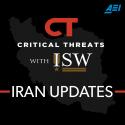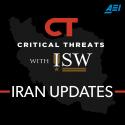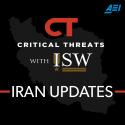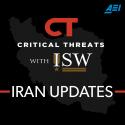Iran Update, July 28, 2023
Jul 28, 2023 - ISW Press
1. Iranian-backed militias deployed to the Syrian desert near the Al Tanf Deconfliction Zone throughout July, possibly as part of a coercive campaign to expel the United States from Syria. Iran, Russia, and the Syrian regime may be setting conditions to attack US forces at the Al Tanf Garrison.
2. Regime officials are making preparations in anticipation of future protests commemorating Mahsa Amini’s killing on September 18, 2022.










